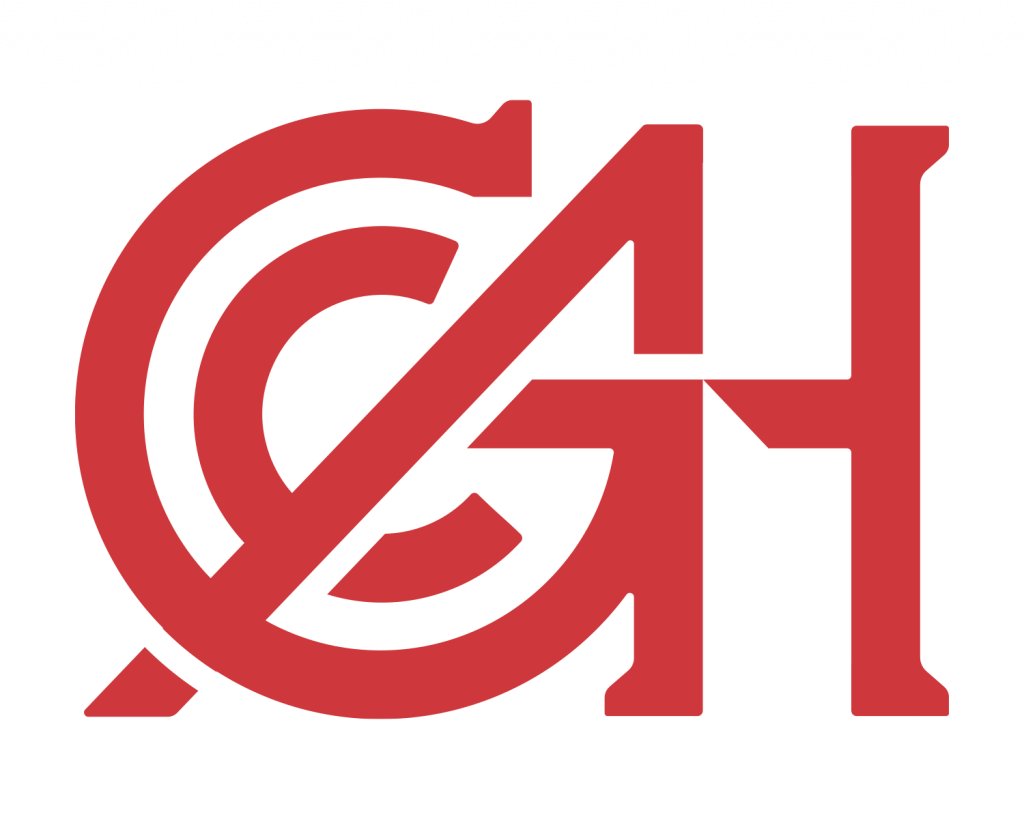
Legislative Priorities: 2026 Session
OPENING 2026
The 2026 Legislative Session opened on January 21 with the Legislature and Governor focusing on addressing the effects of the housing crisis, cost of living, and long-term economic stability. There were 2,457 total measures introduced this year. The GCA Legislative Committee met on Friday, January 30th, to review 211 measures that were identified as affecting the construction industry. The Committee focused on opposing efforts attempting to raise the cost of construction, supporting/opposing various procurement code amendments, and supporting state construction initiatives. Please find a list of those measures here.
The Legislative Committee identified several measures that will have a significant impact on the industry. These measures include:
Applies the retail or higher general excise tax or use tax rate to purchases or imports of new motor vehicles by rental car companies. Appropriates funds for a position in the Department of Taxation.
Position: Support
This measure provides funding to the Department of Taxation for one permanent full-time employee to investigate mainland contractors who are awarded federal contracts, but do not pay the State’s General Excise Tax (GET).
Requires the forfeiture of cash or protest bond in an administrative proceeding for review of procurement-related disputes if the initiating party does not prevail.
Position: Oppose
The GCA passed legislation several years ago to incorporate ethical safeguards that all other states require if there is a requirement to post a bond to file an administrative appeal. This measure seeks to repeal those ethical safeguards by removing that an appeal must be deemed frivolous before the forfeiture of a bond occurs.
Proposes constitutional amendments to expressly provide that the Legislature may authorize political subdivisions, such as the counties, to issue housing infrastructure growth bonds, and exclude these bonds from determinations of the funded debt of the political subdivisions for specified public works, public improvements, or other actions necessary for new housing development.
Position: Support
This measure will explicitly enable the Legislature to authorize counties to issue tax increment bonds. This will allow for the utilization of Housing Infrastructure Growth bonds (HIG), which is a necessary financing tool for the development of infrastructure. HIG is authorized in 48 states and is a value-capture financing tool that allows local governments to fund infrastructure upfront and repay that investment using a portion of the future increase in tax revenue generated by the development that the infrastructure enables.
Authorizes SHPD to conduct a phased review of a proposed project on private property under certain circumstances. Amends the process and deadlines by which SHPD must provide written concurrence or non-concurrence for a proposed project on private property or other project that requires entitlement for use, after which concurrence may be assumed and the project may proceed.
Position: Support
By modernizing the review process, this measure supports timely development of residential and mixed-use projects particularly transit-oriented development while continuing to uphold Hawaii’s commitment to protecting its cultural and historic heritage.
The Legislative Committee will continue to meet around the various legislative deadlines to review and comment on the measures moving throughout the Legislature.
Go to the:
2025 Session
2024 Session
2023 Session
2022 Session
2021 Session
Interested in finding out more about the GCA Legislative Committee: click here.
GCA Members, interested in joining? Contact Gladys at info@gcahawaii.org.
